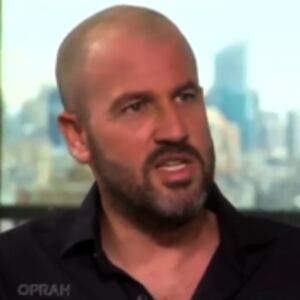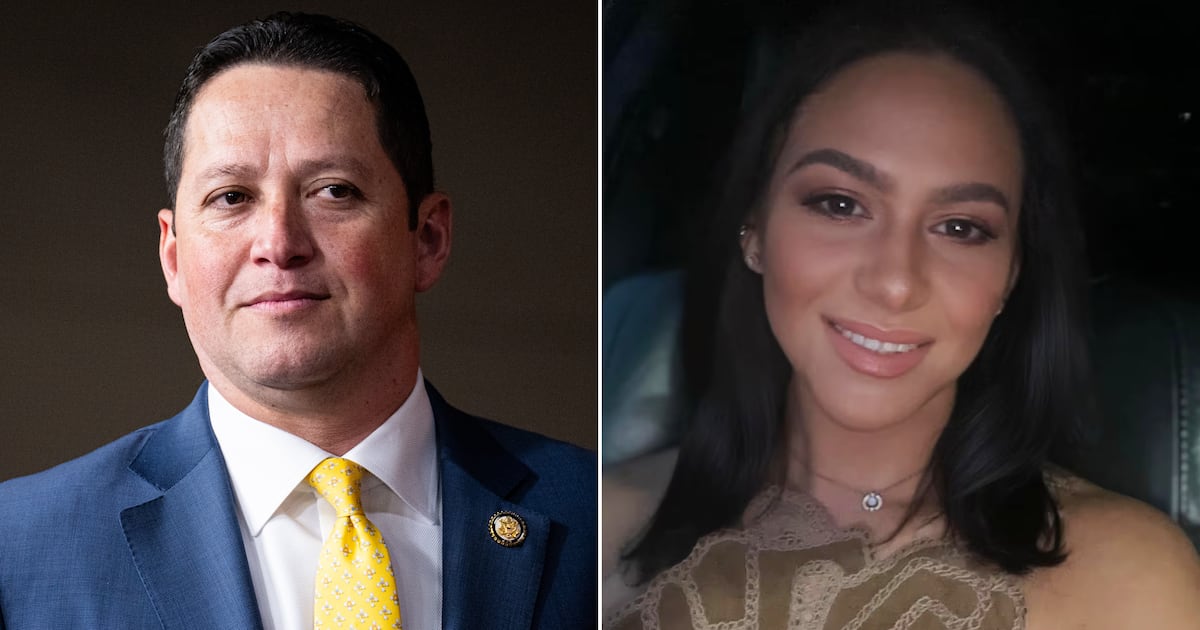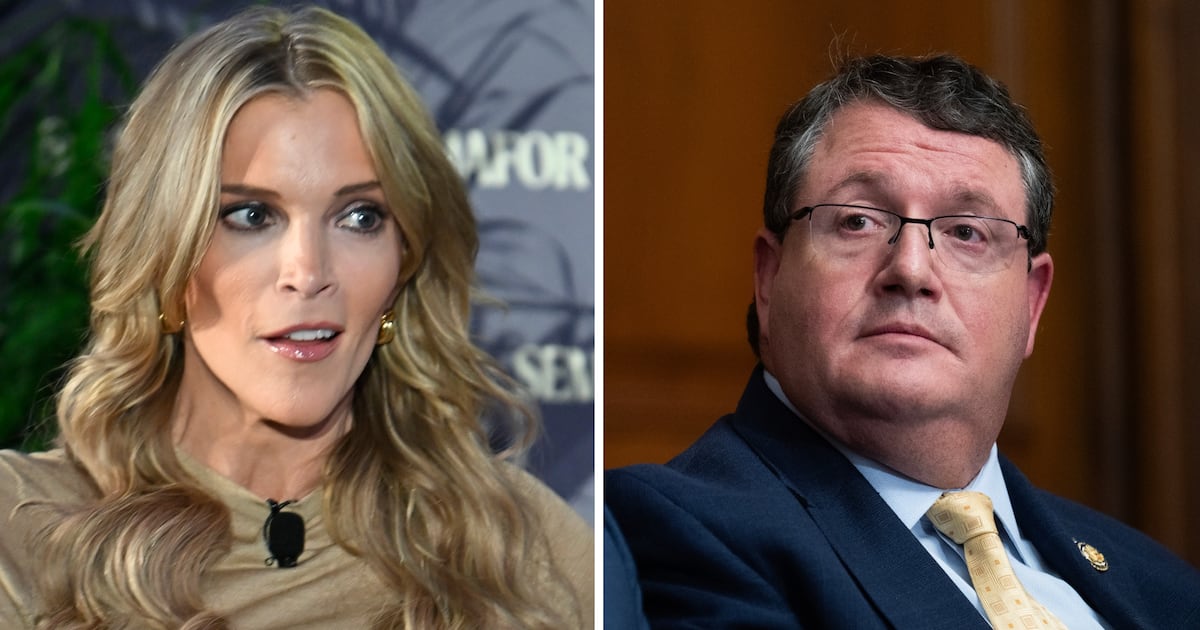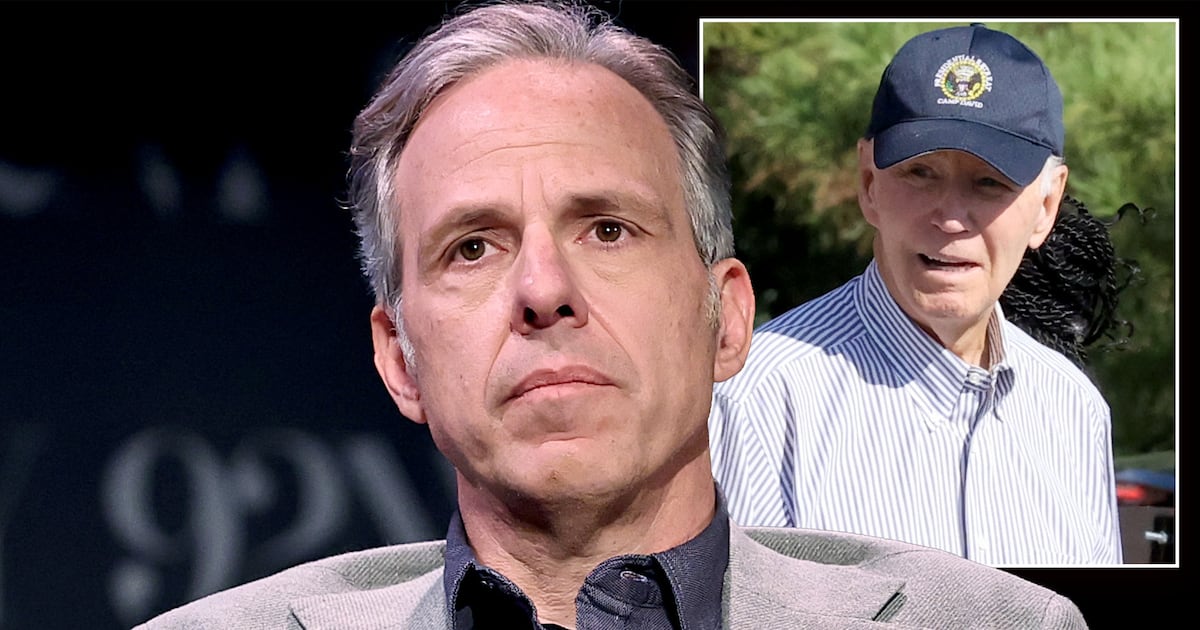When I read James Frey’s book A Million Little Pieces in 2005, a few months after I’d completed a 28-day stay at the Hazelden rehabilitation facility in Center City, Minnesota, I was 27 years old and newly sober.
I was not yet accustomed to the life changes I needed to make to remain that way, changes that now seem trivial but at the time seemed all but impossible to endure. I had to avoid certain friends, and say no to bars and clubs, and begin the slow monotony of paying off bills I’d neglected to pay for years. I had relationships to mend and apologies to make, but mostly I needed to find a way to be OK with an existence that didn’t flicker and burn with chaos and anarchy, with drinking and drugs, and trying to do that, trying to find a way to ease down into a routine life, had left me radiating with anger.
At the time, I didn’t know why I was angry, I just knew that I was. I tried to deal with my anger by ignoring it, or by trying to push it out of my body through workouts that left me dripping with sweat, by pushing myself to a place of physical exhaustion so great I didn’t have the energy to be mad.
When I read Frey’s book, its ataxia spoke to me. My life felt unhinged and reckless and Frey’s prose felt raw and honest and authentic. More than that, though, it felt real. By which I mean: it felt familiar. By which I mean: he described my experience. My rehab. My history.
I don’t mean that metaphorically. Frey later admitted that he had attended and written about Hazelden, so when I read his descriptions of the Medical Unit and the Room and the Lounge and the Hallway and felt like I’d been there, I had. When Frey wrote about getting in fights and resisting arrest and spending months in jail, I immediately thought about my own history, about the felony I’d been convicted of for trying to outrun the police in a borrowed car and instead wrapping it around a pole, about the dozens of misdemeanors I’d been charged with when I was younger, about the two months I’d spent in a county jail. When he wrote about addiction, and, specifically, what he called the Fury, that unmitigated hatred of oneself that could only be assuaged by substance, I saw in his words an intimate portrayal of my experience. I saw in his words an intimate portrayal of me.
“The writer is always tricking the reader into listening to the dream," Joan Didion once said. A Million Little Pieces didn’t make me feel like I was listening to the dream. It made me feel like I was in it. Because it seemed that the protagonist Frey had dreamed up, the art that he had created, was—in some strange and distinct ways—me.
Thanks in large part to Oprah, many people know the James Frey story. When she picked A Million Little Pieces for her book club in 2005, the book went on to sell a record-breaking two-million copies in three months, and it was the second-highest selling book of 2005. (It was eclipsed only by Harry Potter and the Half-Blood Prince.) It seemed everyone was reading it, and everyone had an opinion on it, and then in January 2006, the website The Smoking Gun published a now-infamous 13,000-word takedown piece called “A Million Little Lies” that disputed—and ultimately disproved—the veracity of significant portions of A Million Little Pieces. Frey didn’t spend 87 days in jail. He didn’t assault a police officer. He didn’t set an Ohio county record for having the highest blood alcohol content level ever recorded. He’d taken some liberties with his book, and by that I mean he made large portions of it up.
The Smoking Gun piece marked the beginning of Frey’s long and infamous tumble from critical acclaim—and not just in the publishing world. In non-literary America, he’d become a deity of sorts for addicts and alcoholics who eschewed AA meetings and couldn’t (or wouldn’t) commit to a more traditional program of recovery. For them, Frey was newly-minted-millionaire proof that 12-step programs weren’t the only way to get better. According to him, all you really had to do was subscribe to his mantra and “hold on,” which is a lot less cumbersome than, say, Step Five: admitting to God, to yourself, and to another human being the exact nature of your wrongs.
Once the truth was out, though, even the most loyal Frey fans were abandoning him, with some mad enough to send hate mail stating they wished he would die, or relapse. It’s an extreme reaction, but it’s one I understand because early recovery is tenuous, and vulnerable, and needs to be protected. AA’s path to recovery is founded upon the ideas of being rigorously honest, doing work, and taking action. Frey’s approach was to grit his teeth and wait. But the question isn’t which approach is better. The question is what happened to all those people who were simply holding on?
When I left Hazelden the last day of February 2005, I had just begun the long process of figuring out my truth, of figuring out why I drank and did drugs as much and as often as I did. Some of the reasons were predictable and mundane—an absent father; authority issues; a tough breakup in my early twenties—but some were more complex. I’d been kicked out of high school my junior year, and not long after that, after racking up a DUI and a few other misdemeanor charges, I skipped town and moved out West, to Colorado. The plan was simple: snowboard, hang out, live an uncomplicated life. The reality was knotty: met a girl, had a baby, got into trouble.
My daughter’s mother and I were gasoline and matches, and like the comparison, predictably cliché. We fought until our relationship was beyond repair, and then we fought some more. I drank and did drugs. I went to jail often. And when the state of Colorado had finally had enough, they forced me to leave as part of a plea bargain. I moved home to Chicago and left my daughter in Colorado, and then spent the five years leading up to rehab using cocaine and vodka and ecstasy and opiates to deaden the abiding guilt I felt.
I’d been told in Hazelden that if I was to find any success in sobriety if long-term sobriety was indeed important to me, then I needed to continue dealing with the feelings I was uncovering. I needed to name what I felt—fear, guilt, heartache, insecurity—and work through the pain, make amends wherever I could.
I was also encouraged to write about it. Hazelden had been a writing-intensive experience and it had awakened a part of me, a creative part of me, that I’d nearly forgotten about. I had written often when I was younger, using it as a way to sort through whatever I was feeling, but as I leaned harder into substances, the writing fell off and the drinking picked up.
Within a month of leaving rehab, I started a blog and words came pouring out. They were cliché and sentimental and unsurprisingly bad, but they were also essential in my becoming a writer. They were a path back to a part of myself I’d lost somewhere in the frenzy of addiction.
But also essential in that path back to myself, or perhaps towards a better version of myself, was Frey’s book, and moreover, Frey himself. Because like Frey, I didn’t have a degree in writing, or in anything for that matter. I had managed to complete my G.E.D. when I was 23, and I’d taken a few courses at a community college just outside of Chicago. But at the time I read Frey’s book I wasn’t even aware that I could go to school for writing. Frey finding success without any sort of pedigree meant that I could too. He’d figured it out, I thought. He’d broken all the rules and gotten a book deal anyway.
In a now-famous 2003 New York Observer interview, Frey said, “My wife calls me a savage because I eat with my hands. Because my best friends are my dogs. And I like pit bulls. And N.W.A. And I love boxing… Writers aren’t like that anymore. They’re all these guys who have fucking masters’ degrees and are so ‘sophisticated’ and ‘educated’ and… well, I’m not a guy with a master’s degree. I think I’m sophisticated. I can write big fat books. But I’m not an effete little guy.”
I didn’t think I was sophisticated, and I didn’t know what effete meant, but I loved his attitude. It spoke to the part of me that had gotten me in so much trouble, the part I was trying to distance myself from, and rather than seeing that there might be danger in that, I was drawn to it. Frey had done something I wanted to do, and he had done it in an unconventional way. In no uncertain terms, I wanted to join his rebellion.
For the first year of sobriety, I kept up the constructive habit I had formed in Hazelden: I wrote nearly every day. I wrote about all things I was still trying to unpack: about leaving my daughter in Colorado, about my toxic relationship with my daughter’s mother, about the fiancé I’d lost and the person I had so unexpectedly turned into, the protagonist Frey accurately described as “an Alcoholic and a Drug Addict and a Criminal.”
I often wrote while drinking coffee in the early morning hours from my cubicle inside a high-rise off Wacker Drive in downtown Chicago, before starting a job I was fortunate to still have. I was 27 and awake for what felt like the first time in my life. I was beginning to see through the substance-induced fog I had been paddling around in ever since my seventeenth birthday, and writing was helping to orient me.
I found myself returning to the same themes over and over—drugs, violence, intense self-hatred—but I wasn’t yet ready to be completely honest about it all, to do the real work required to interrogate both the man I’d been and the man I was now trying to be.
I know now that I needed those early failures, that my unrefined, emotional writing was helping to construct some of the framework for what I would write about a decade later, but at the time I couldn’t see that. And so, after that first year of sobriety, I wrote less and instead focused on other parts of recovery—on AA meetings and amateur boxing and work, which at the time, was at a small insurance wholesaler in Chicago.
I threw myself into work the way I threw myself into addiction—unreservedly. I arrived at the office early and stayed late and took on as much responsibility as the company would give me. For the first time in my life, I could envision a successful version of myself. I began to understand that I could be more than what I had previously been. I could be more than the past I carried with me.
A little over a year into sobriety my firm was acquired by a larger organization, and I moved from Chicago to Atlanta, and then from Atlanta to Baltimore. In the years I was away from Chicago, I was alone much of the time, living in cities where I didn’t know many people, staying away from bars and all that came with them, figuring out how to be comfortable in my own skin.
I spent most of my free time in boxing gyms and AA meetings, two places where I was forced to confront my truest self, two places that taught me, over and over again, much-needed lessons in humility.
I had come to realize that at the most basic level, my addictions sprang from my own raging ego, from my own cockiness, from being able to convince myself I was stronger and tougher and smarter than I actually was. At AA meetings, old-timers regularly called me out on my bullshit. “Your ego compensates for your insecurities,” they said. “You’re scared of the same things everyone else is.”
At the boxing gym, there was less talking, but the lessons were often the same. Humility came in the form of straight rights hands landing flush to my cheekbone, left hooks clipping my chin. Black eyes regularly reminded me that everything—in boxing and recovery—boiled down to the fundamentals: be honest about your own ability, protect yourself at all times, keep pressing forward.
In late 2009, I took a new job in the same industry, and as part of my employment package, the company sent me back to school. I began classes at DePaul University and then two years later, on a sunny fall afternoon in 2011, I married the kind and beautiful woman I had met on a train and promptly fallen in love with. Midway through 2012, I completed my bachelor’s degree, and on the day that I walked across the stage at the Civic Opera Building in downtown Chicago, my hand outstretched to receive my diploma, I became a person I could have never imagined in those early days of sobriety. It was more success than I felt I deserved, but I was eminently grateful.
Around that same time, I also recognized a gravity inside me I could no longer ignore, which stemmed from the writer part of me that had awakened in Hazelden. It had been seven years since I’d left rehab and read Frey’s book, but I still remembered how it made me feel, how it had made me want to write. However, the initial bond I’d felt with Frey and his writing had diminished. The longer I stayed sober the less I felt like the protagonist in Frey’s book, and the less appealing I found his approach to both writing and sobriety. I wasn’t quite as angry or rebellious. The chaos of my life had subsided. And I had come to understand and accept, to my great surprise, that I thrived within structure.
I found structure in AA meetings and structure in the boxing ring and, eventually, structure in grad school (“fucking masters’ degrees”), which I started in the fall of 2012. I began learning—ever so slowly— how to write, or, perhaps more accurately, how to think.
By the time I began working on my own memoir in January 2014, I thought often of Frey’s book. It was easy to imagine myself in his shoes. I wanted so badly to write and sell a book, and I wondered what I would have done if I had found myself in Frey’s position. I read that when his agent had first pitched A Million Little Pieces to publishers as a novel, it was rejected 17 times. Frey had been so close to making it, so close to achieving the thing every writer dreams about, but he still found himself stuck. When it was suggested (or when he decided) that he pitch his book as a memoir, his dream just beyond the ends of his fingertips, I think it was easy to justify it as an artistic choice.
Which may not make it right, of course.
But certainly makes it relatable.
The memoir I began writing in 2014 dealt with the time I spent in Colorado between the ages of 18 and 21, after I’d moved there with dreams of snowboarding my way to a new and better life. What I sought in Colorado was revision and reinvention, clarity and purpose, the calm that comes with the realization of a self rebirthed. What I found in Colorado was a job at a Denny’s restaurant and a single mother named April, who was beautiful and broken and just as angry as I was.
As I worked through early drafts of the book, I made the decision to write what Vivian Gornick called the “whole and unfettered truth of the matter,” even though it was a deeply subjective emotional truth rendered through my own experience. What that meant to me was that I needed to think deeply about the man I was in Colorado, to write all the things I didn’t want to write. I needed to engage in what AA calls a “fearless and searching moral inventory.”
To write honestly about that time in Colorado meant that I had to write honestly about my own toxic masculinity, which meant I had to write about my violent, addicted self, the one who’d struck his girlfriend in anger during a drunken, episodic fight, and then begged and cried and promised to never do it again, and then did it again in another drunken, episodic fight. To tell the whole story of my time in Colorado, and the relationship I was in, meant that I had to write those two scenes, and I had to write them in detail.
After I’d sent them, heart pounding, to my feminist, female mentor to read and comment on, I thought long and hard about not including them in the final draft, about how it would be so much easier to simply skip them altogether. After all, who would know? I thought about reframing the book completely, about calling my memoir a novel, about fictionalizing the truth and doing the exact opposite of what Frey had done. I wasn’t concerned with “rules of memoir” or contracts with readers or even art. I knew only that I was scared of writing the reality of the person I had been. Scared, I know, and ashamed.
This, I think, is where Frey and I finally parted ways completely. We both arrived at a point where we had to write the truth of ourselves—the unpopular, unvarnished truth of who we were. Frey’s compulsion was to exaggerate. Mine was to minimize. He made a choice. I made one too. And three months after I’d finally sold the book it had taken me four years to write, after dozens of men had been exposed for inappropriate or criminal behavior towards women, I got an email from the publisher canceling the deal. “The response I received from staff was universal,” it read in part, “they did not want to work on a book which portrays such abuse from the perpetrator’s point of view.”
I stared at the computer screen that day with the same anvil of shame pressing down on me that I’d so often felt after a long night of drinking and snorting cocaine, but even amidst those feelings, I understood the publisher’s decision was fair. “The consequences don’t end the day you get sober,” an AA old-timer once told me. “But you make choices in how you deal with them.”
My dream had been so achingly near, so close to becoming a reality, but my choice that day was to feel and accept the stinging disappointment that swept over me. Unlike Frey, who seems to have written about who he wished he had been, I wrote about who I actually was, and it cost me. This does not make me a better person, or a better writer, or a better man, but it does mean that Frey and I engaged in a different kind of emotional work during the writing—and recovery—process.
Frey’s mantra is to simply “hold on.” Hold on until the moment passes. Hold on until things change. Hold on until things get better. What I’ve come to realize is that Frey’s mantra doesn’t work for me, and really never has, because it doesn’t allow me to move. In sobriety, in writing, I need to readjust my grip at times, to let go, to find new handholds. I need to flex my hands and crack my knuckles and stretch all the way across the rocky surface of truth, my face inches from the granite, and welcome the risk of falling.
In the 13 years that have passed since I first discovered Frey and A Million Little Pieces, I’ve read two of his other books, My Friend Leonard and Bright Shiny Morning. I can’t say that I didn’t enjoy them, particularly My Friend Leonard, but it seemed to me that despite the scandal and resulting fallout, nothing had really changed in Frey’s work. His sentences still ran on and on, without periods and commas, in a way that continued to remind me of cocaine-fueled nights, how one moment always bled into another while I balanced on the halo of reality, before leaning into the inevitable fall. Like the frenzy of addiction, his words felt good at first, a sort of satisfaction that sprang from disorder, but they ended up feeling more like lorem ipsum—the text was there, but I couldn’t understand what it meant.
Maybe that doesn’t matter, though. And maybe neither does the fact that A Million Little Pieces proved to be fiction in the end. Because even though almost none of Frey’s story actually happened to him, a good portion of it happened to me, which means there’s some truth in his narrative, regardless of what label it’s been given.
Rendering one’s experience as art follows no prescribed method, and can take many different forms, but it does make at least one consistent demand: an honest pursuit of truth. What’s beyond the artist’s control, however, is who ultimately does the pursuing.

Timothy J. Hillegonds is the author of THE DISTANCE BETWEEN: A Memoir (University of Nebraska Press). His work has appeared in The Los Angeles Review of Books, The Rumpus, Assay, Fourth Genre: Explorations in Nonfiction, River Teeth, Baltimore Review, Brevity, Under the Gum Tree, Hippocampus Magazine, The Fourth River, Midway Journal, RHINO, Bluestem Magazine, r.k.v.r.y. quarterly, and other publications. He serves as a contributing editor for Slag Glass City, a digital journal of the urban essay arts. In 2019, he was recognized as one of 30 Writers to Watch by the Guild Literary Complex. You can visit him at timhillegonds.com.







